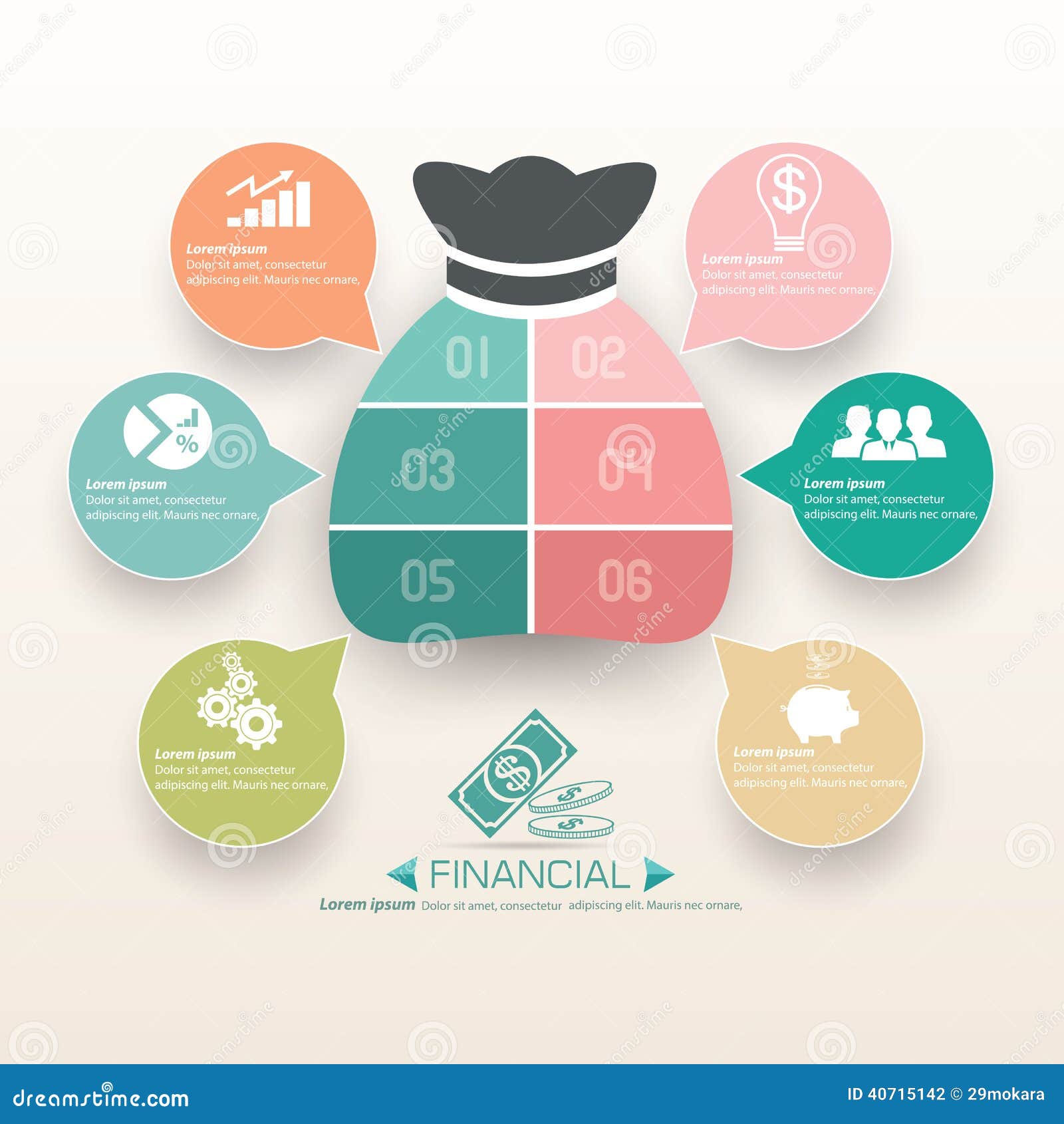Discover The Unexpected Expenses And Consequences Of Ignoring An Efficiency Bond, And Understand Why It's Necessary To Avoid This Pricey Oversight
Discover The Unexpected Expenses And Consequences Of Ignoring An Efficiency Bond, And Understand Why It's Necessary To Avoid This Pricey Oversight
Blog Article
Article Writer-
When a surety problems a performance bond, it ensures that the principal (the celebration that acquires the bond) will accomplish their responsibilities under the bond's terms. If the principal stops working to fulfill these responsibilities and defaults on the bond, the surety is accountable for covering any kind of losses or damages that result.
1. Loss of track record: Back-pedaling an efficiency bond can harm the principal's credibility and credibility, making it more challenging to safeguard future service or funding.
2. Legal and management expenses: The guaranty may require to pay legal and management prices related to seeking the principal for damages or trying to rectify the situation.
3. Financial losses: The guaranty may require to cover the expense of finishing the task or supplying the services that the principal fell short to provide. This can cause significant economic losses for the guaranty.
4. Enhanced costs: If the principal has a history of defaulting on efficiency bonds, they may be needed to pay higher costs in the future to get the needed bonding.
Overall, back-pedaling a performance bond can have severe monetary effects for both the principal and the guaranty. It is necessary for principals to thoroughly consider their responsibilities and ensure they are able to satisfy the regards to the bond to avoid these unfavorable end results.
Defaulting on an efficiency bond can be a pricey mistake for services. When you fall short to satisfy the bond's responsibilities, the financial repercussions can be substantial. From paying the complete bond amount to prospective legal battles and harmed partnerships, the repercussions can resound throughout your organization operations. Recognizing the intricate internet of financial influences that defaulting on an efficiency bond can have is important for safeguarding your firm's monetary health and online reputation.
Financial Penalties for Defaulting
If you default on a performance bond, you'll likely encounter significant punitive damages. These penalties can vary relying on the regards to the bond agreement yet commonly entail paying the bond quantity in full to the obligee. This suggests that if you stop working to satisfy your legal responsibilities, you need to pay the bond amount to the project owner or the entity that called for the bond.
Furthermore, you may likewise be accountable for any extra costs incurred by the obligee as a result of your default, such as locating a replacement specialist or covering job delays.
Back-pedaling a performance bond can likewise cause legal charges and court expenses if the obligee makes a decision to take lawsuit versus you to recuperate the bond quantity. These expenditures can swiftly accumulate, more intensifying the economic impact of your default. It's necessary to thoroughly examine and comprehend the regards to the performance bond to prevent these extreme punitive damages.
Influence On Organization Cash Flow
Back-pedaling an efficiency bond can dramatically influence your service capital, impacting economic stability and operational capacities. When you back-pedal an efficiency bond, you take the chance of shedding the bond amount, which can be a considerable sum. licensed & bonded affects your cash flow, as you'll need to locate different sources of funding to cover the bond quantity. In addition, defaulting can cause raised examination from sureties, making it harder and a lot more costly to protect bonds in the future. This can further strain your capital as you might need to allocate extra sources to meet bonding needs.
The impact on your cash flow doesn't quit there. Back-pedaling an efficiency bond can likewise cause project delays or cancellations, bring about a loss of revenue. Additionally, the unfavorable reputation that includes defaulting can hinder prospective clients, further lowering your capital. On the whole, back-pedaling a performance bond can have damaging results on your service's economic health and wellness and ability to run smoothly.
Legal Ramifications and Lawsuits
Dealing with lawful ramifications and prospective suits due to defaulting on an efficiency bond can considerably affect your business's track record and financial standing. When you default on a performance bond, the surety business might take legal action to recuperate the bond quantity paid out. This can result in costly legal costs, court costs, and potential negotiations or judgments versus your business.
Furthermore, defaulting on an efficiency bond may bring about harmed relationships with clients, subcontractors, and vendors, influencing your ability to safeguard future agreements. Legal actions arising from bond defaults can taint your organization's reliability in the industry, making it testing to bring in brand-new partners or clients.
In addition, if the default results in a court judgment against your organization, it might result in asset seizure or liens, further stressing your financial security. Consequently, it's essential to comprehend the lawful effects of back-pedaling an efficiency bond and take proactive actions to minimize the threats entailed.
Final thought
As you encounter the effects of defaulting on an efficiency bond, remember this: it's like walking a tightrope without a safety net. One wrong step can send you plummeting right into a financial freefall, without method to stop the fall.
https://www.cbsnews.com/detroit/news/3-women-charged-with-operating-brothel-in-warren/ , capital impact, and legal ramifications are all waiting to capture you if you blunder. So walk meticulously, and constantly recognize your commitments to stay clear of the harsh effects of default.
